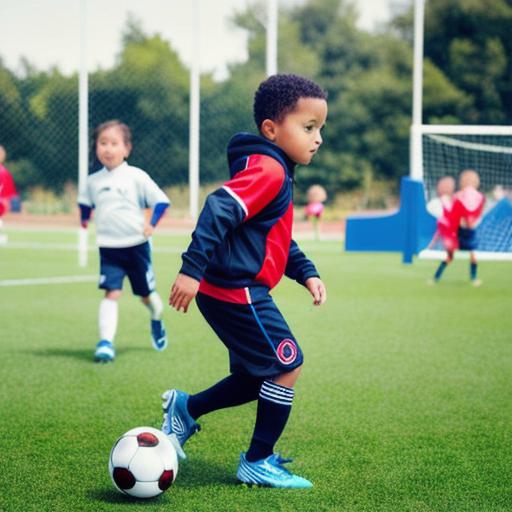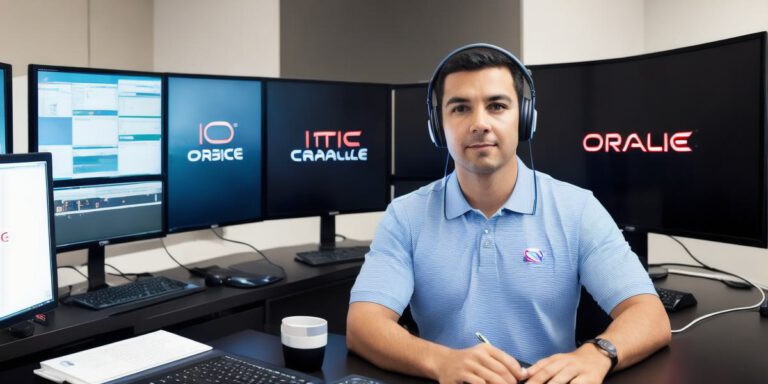While physical attributes like height, speed, strength, and agility are essential indicators of athletic talent, athletes can excel despite having less-than-ideal physiques by focusing on developing their skills and mental toughness. For instance, a child with shorter legs may struggle to keep up with taller competitors in certain sports, but they can still improve their speed and agility through proper training techniques and technique drills. Similarly, a child who is smaller or weaker than other athletes can focus on building strength and endurance by incorporating weight-bearing exercises into their workout routine.
Mental Attitude:
A strong mental attitude is crucial for any athlete’s success. A child with a mentally tough and determined mindset is more likely to push through challenges and remain focused on their goals. This includes having the ability to handle defeat or setbacks, as well as the willingness to work hard every day to improve. For example, a child who struggles with self-doubt may benefit from practicing visualization techniques to build confidence in their abilities.
Talent and Skill:

Athletic talent and skill are the most critical factors in determining athletic success. These qualities include coordination, balance, speed, endurance, and agility. If a child has a natural affinity for these skills and enjoys participating in sports, it may indicate an athletic gift. However, athletic talent is not solely determined by genetics or natural ability. Children can still develop their skills through dedication and practice. For example, a child who lacks natural balance can work on improving their sense of spatial awareness and proprioception through exercises like yoga or martial arts.
Achievements:
Athletic achievements such as winning medals, setting records, or being recognized by coaches and peers can be strong indicators of athletic talent. However, these achievements should be evaluated within the context of the child’s age and level of competition. For instance, a child who wins a gold medal in a local swimming meet may not have the same level of skill as an Olympic gold medalist.
Expert Opinions:
Seeking expert opinions from coaches, trainers, and sports psychologists can provide valuable insights into a child’s potential athletically. These professionals can assess their skills, evaluate their progress, and offer guidance on how to improve and develop their talent. For example, a sports psychologist may help a child develop strategies for managing stress and anxiety during high-pressure situations, while a coach may provide feedback on specific techniques or form to help a child improve their performance.















